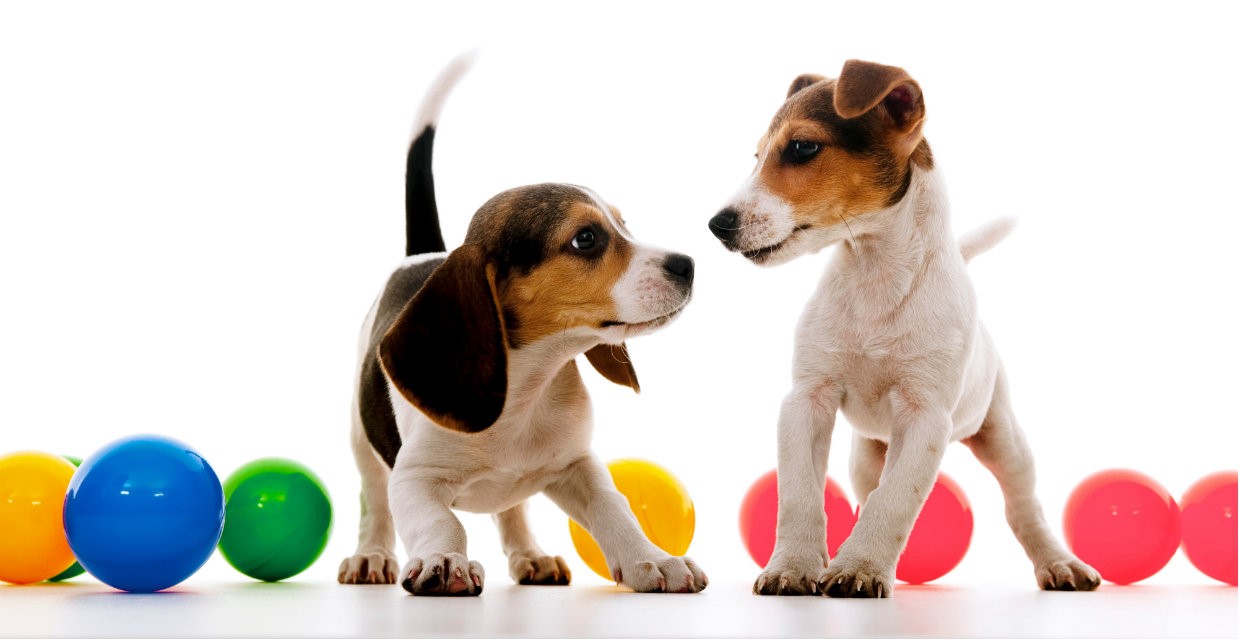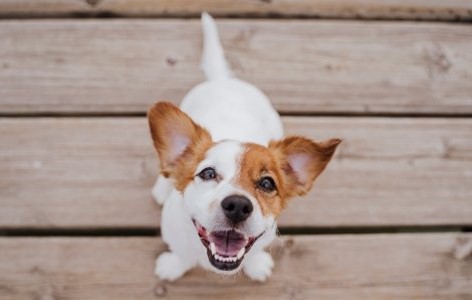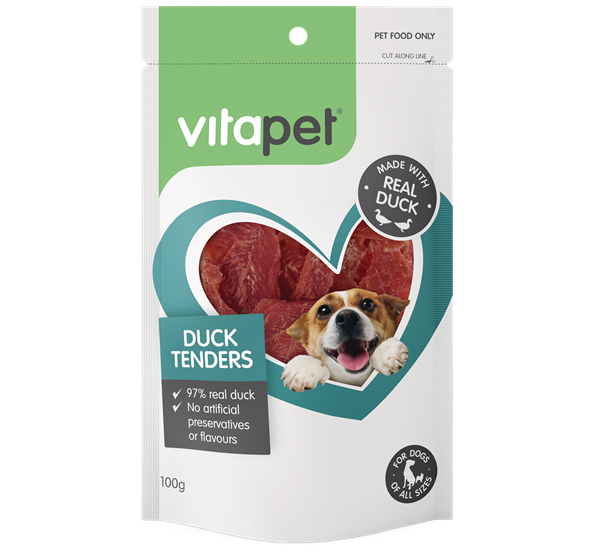Puppies continue to learn through experience and many more behaviours develop between
two to three months of age.
Some important behavioural milestones puppies reach between two and three months of age are discussed below.
Behavioural milestones between 2-3 months of age
From eight weeks of age, or from the time you bring them home, puppies are primed for learning. In their new homes, puppies learn about their new environment, where they sleep, where they eat and drink, where they go to the toilet and who their new family is.
Puppies are also learning which behaviours work for them and which do not. For example,
many puppies learn that jumping up on people results in attention or a pat and so it’s a behaviour they continue to repeat, even as full-grown adults.
It’s therefore important to reward desired behaviour from the very start (keeping their paws on the ground in this instance, for example) if you want better behaviour down the track.
One of the most critical behavioural millstones puppies continue to experience during this age is the socialisation period.
It is estimated that the socialisation window closes at around 12-16 weeks of age.
Positive socialisation experiences with different people, places, other dogs and at the vet are crucial to help prevent your puppy from fearing these things later on.
Negative or traumatic experiences during this time or an absence of socialisation can have a detrimental and lasting impact on a pup’s behavioural wellbeing.
How to support your pup’s behavioural wellbeing and ensure a loving and lasting
relationship with them
You can support your pup’s behavioural development to ensure you share a strong and lasting relationship by doing the following:
- Take your puppy to puppy school to assist in their socialisation with different people,
other dogs and environments - Socialise your puppy to things they will encounter in their life in a positive way including different people, places including the vet, household items like the vacuum cleaner etc
- Use positive reinforcement to teach your puppy desired behaviour including sit, stay, on your bed
- Teach your puppy where to go to the toilet by taking them to the desired location regularly throughout the day and rewarding them for toileting there
- Teach your puppy gradually that separation from you can be a positive experience. This can help to reduce separation anxiety
- Provide your puppy with lots of toys and encourage them to play with their toys. This can help to minimise destructive chewing and chewing on inappropriate items
Following these steps will help get you and your puppy off to a great start and will help you develop a strong and lasting relationship.
























